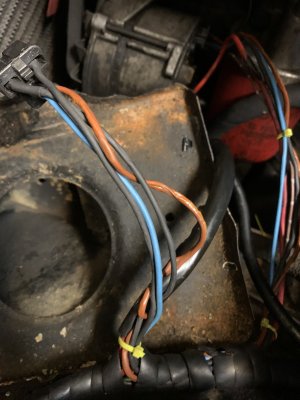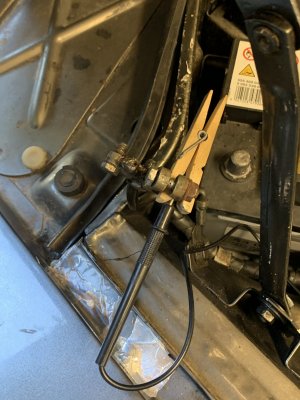gramal
New Member
Hi Guys,
Tried to start up the 3.0 CSi this morning, 1st time after the winter. Noticed a burning plastic smell, quickly had a look in the engine bay and the brown wire to the alternator or rely had burnt through the plastic insulation. Any ideas?
Could it be a poor earth connection or failed Regulator. Electics not my strength.
Any pointers gratefully received
Cheers gramal
Tried to start up the 3.0 CSi this morning, 1st time after the winter. Noticed a burning plastic smell, quickly had a look in the engine bay and the brown wire to the alternator or rely had burnt through the plastic insulation. Any ideas?
Could it be a poor earth connection or failed Regulator. Electics not my strength.
Any pointers gratefully received
Cheers gramal
Last edited:



